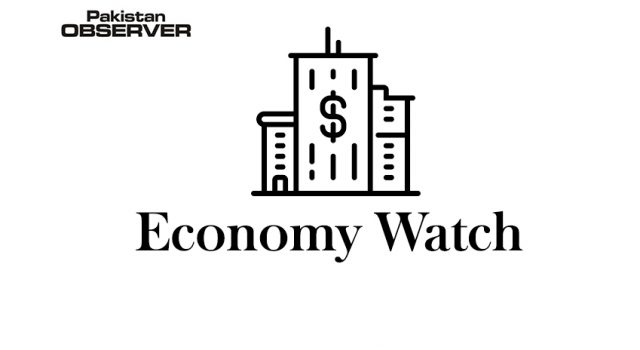Zubair Qureshi
Islamabad
In order to address the existing digital divide and to promote digital trade in Pakistan, tax rationalization for the Information Communication & Technology (ICT) sector and development of telecom infrastructure in Pakistan has a vital role to play.
All stakeholders need to put collaborative efforts to provide an enabling environment with the focus on information technology and telecommunication in the country.
Member Prime Minister’s Taskforce on IT and Telecommunication, Pervez Iftikhar said this while sharing his views at virtual workshop ‘Toward achieving a sustainable regional integration in Pakistan: Digital trade and health integration’ organized by the Sustainable Development Policy Institute (SDPI), In collaboration with UN Economic and Social Commission for Asia and the Pacific (UNESCAP) here on Friday.
The workshop was attended by the variety of stakeholders including Ministry of Commerce, Federal Board of Revenue, Ministry of Information Technology, Electronic Certification and Accreditation Council (ECAC), National Tariff Commission, Pakistan Telecommunication Authority, 1-link, Competition Commission of Pakistan, Punjab Procurement Regulatory Authority, Planning Commission of Pakistan, Trade Development Authority of Pakistan, Technical Education & Vocational Training Authority, and Unilever, amongst others.
While introducing the ESCAP’s initiative to measure digital regional integration, Dr Yann Duval, UNESCAP, informed the participants that the country’s study on with SDPI on digital exports aims to play a facilitating role to support decision-makers prioritizing different areas of regional integration.
Dr Vaqar Ahmed, Joint Executive Director, SDPI, highlighted 8 main areas where policy interventions are required to boost Pakistan’s digital exports. The areas he identified included addressing any gaps in the legal framework and regulations, investment policy for technology sector; making tax regime consistent across the federation, enabling commercial banks to understand the digital business ecosystem, improving data protection as well as strengthening consumer rights, relaxation in foreign exchange movement for foreign investors, and addressing overall skills and digital literacy.
“Promotion of digital trade products and services should be an integral part of any free trade agreements signed by Pakistan.” Dr Ahmed concluded. Dr Adil Nakhuda, representing Institute of Business Administration (IBA), presented that exports for Pakistan medical-related products are concentrated on three products and imports tend to be more diversified.









